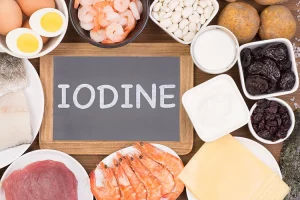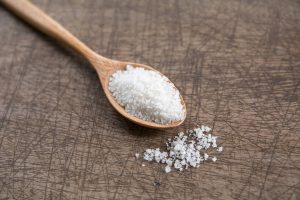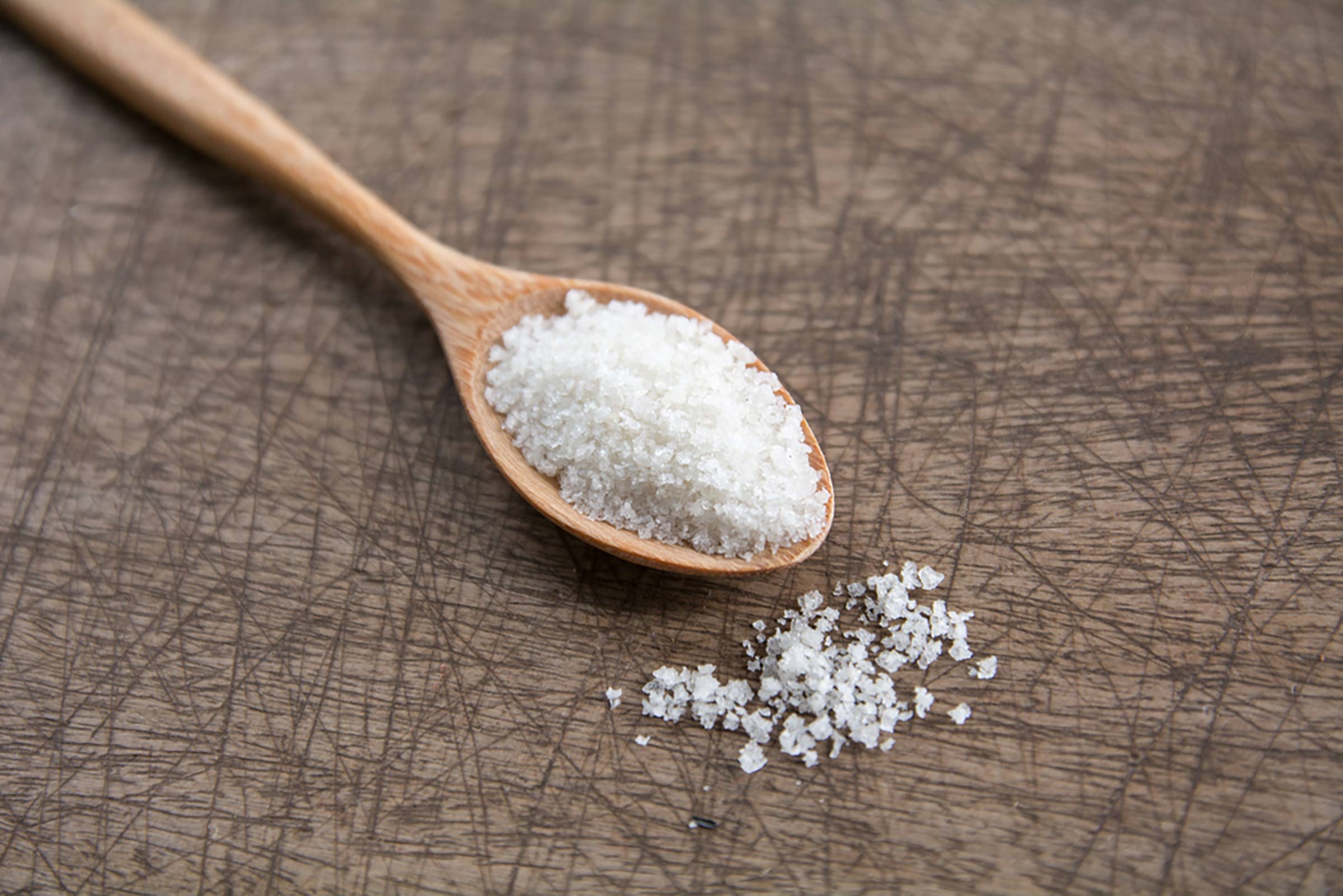Introduction
Iodine, a trace element with a mighty role, is essential for maintaining our thyroid health. While it may not be a nutrient that garners much attention, iodine is vital for ensuring that our thyroid functions optimally. In this article, we will explore a range of foods naturally rich in iodine, and how incorporating them into our diet supports thyroid function for overall health and well-being.
The Crucial Role of Iodine in Thyroid Health
Our thyroid gland, a small but powerful organ located in our neck, is responsible for producing thyroid hormones. These hormones, thyroxine (T4) and triiodothyronine (T3), influence numerous physiological processes in the body, making them crucial for our well-being.

Iodine: The Thyroid’s Fuel
Iodine is the fundamental building block for thyroid hormones. It plays a pivotal role in ensuring that the thyroid gland can produce these hormones. Without iodine, the thyroid simply cannot perform its function effectively. Here’s how iodine-rich foods support thyroid health:
1. Hormone Production: The primary role of iodine in the thyroid is to combine with the amino acid tyrosine to create thyroid hormones. A deficiency in iodine can lead to reduced hormone production, resulting in an underactive thyroid.
2. Metabolic Regulation: Thyroid hormones directly influence metabolism. They dictate how our body uses energy, regulates body temperature, and manages our weight. A healthy thyroid ensures a balanced metabolic rate.
3. Growth and Development: Iodine is particularly critical during pregnancy and infancy. It is essential for the development of the baby’s brain and nervous system. A deficiency during pregnancy can result in cognitive and developmental issues in the child.
Iodine-Rich Foods: Nature’s Bounty
To ensure a healthy supply of iodine in our diet, we can turn to a variety of natural sources:
1. Seafood
Seafood, particularly fish, is one of the richest sources of iodine. Species like cod, tuna, and shrimp are iodine powerhouses. Additionally, seaweed, a marine vegetable, is exceptionally high in iodine and commonly consumed in many Asian cuisines.
2. Dairy Products
Milk, yogurt, and cheese are another group of iodine-rich foods. Dairy cows’ feed often contains iodine supplements, which subsequently enriches their dairy products with this essential nutrient.
3. Eggs
Eggs provide a moderate amount of iodine and can be a valuable addition to your diet.
4. Iodized Salt
Iodized salt is a simple and effective way to ensure a regular intake of iodine. It has been a successful public health initiative to combat iodine deficiency in regions where it was once a significant problem.
Balancing Iodine Intake
While iodine is crucial, it’s important to strike a balance. Excessive iodine can also be detrimental and lead to thyroid issues. Therefore, it’s essential to maintain your iodine intake within the recommended daily allowances, which can vary depending on your age and life stage.
The Global Impact of Iodized Salt
Iodized salt, a successful public health initiative, has significantly reduced the prevalence of iodine deficiency in many parts of the world. It is an accessible and affordable means of ensuring that individuals receive adequate iodine in their diet.

Conclusion
Iodine-rich foods, with their natural abundance of this vital trace element, play a critical role in supporting thyroid health and, by extension, our overall well-being. From the iodine-rich seafood on our plate to the dairy products in our fridge, these foods offer a reliable and delicious way to nourish the body’s vital engine, the thyroid. By understanding the importance of iodine-rich foods and incorporating them into our diet, we take a proactive step towards ensuring a thriving and healthy body.




